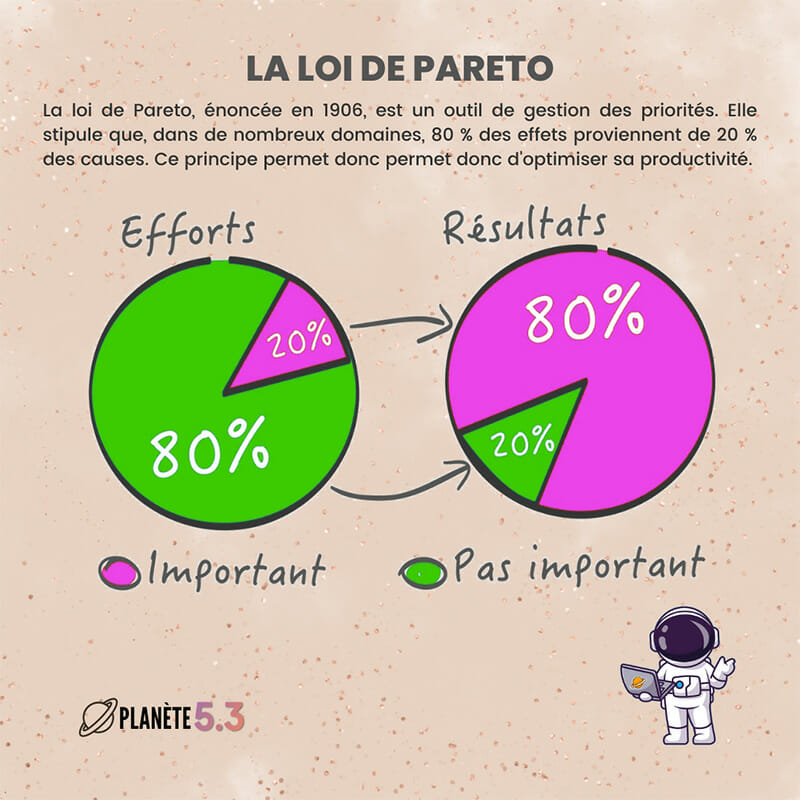On Thursday 21 February, Parliament adopted the modem bill aimed at providing more care for childhood cancers. The details of this vote were announced by AFP and taken up by the Europe 1 website.
Every year, cancer affects young people under the age of 18. Particularly before the age of 15, since 1,700 of them develop cancer. Between the ages of 15 and 18, the figures drop to 800. Even if this only represents 1% to 2% of cancers developed every year, their treatment is special compared to adult cancers. In the complexity of treating them, they are comparable to rare diseases.
Better focused research and extended family support
This recently adopted law is composed of two major poles. It aims to promote research and support for families in childhood cancers. On the research side, the National Cancer Institute has been mandated to develop a ten-year strategy to fight against pediatric cancers.
On the support side, the law aims to adapt the daily parental attendance allowance, both to the actual duration of the child’s illness and to its evolution. Or to review parental leave so far limited to 310 over a maximum period of 3 years. It aims to make the conditions of access to this leave more flexible, it may be extended “in the event of a relapse” for example.
Reducing the pain of children during their care is also a point addressed by the law. The quality of care for sick children will be the subject of a “inventory of the specific training, initial and continuous, of health professionals who intervene in pediatric oncology as well as centers dedicated to pain in our country.“
The right to be forgotten for all former patients
Another issue has been addressed by this law, that of the right to be forgotten. Today, children who were affected by cancer before their 18th birthday are subject to the right to be forgotten ten years after their remission. This right is essential for taking out loans, for example. In a first text, the law required that this right apply to young people up to the age of 21 (against 18 currently) and be effective from 5 years after remission.
In a final text, the law would like this right to be forgotten to apply to all cancers, regardless of the age of the patient. It will be examined for six months by all the parties concerned.
Read also:
Childhood cancers: 1700 new cases per year
Infographic: 355,000 new cases of cancer per year
















